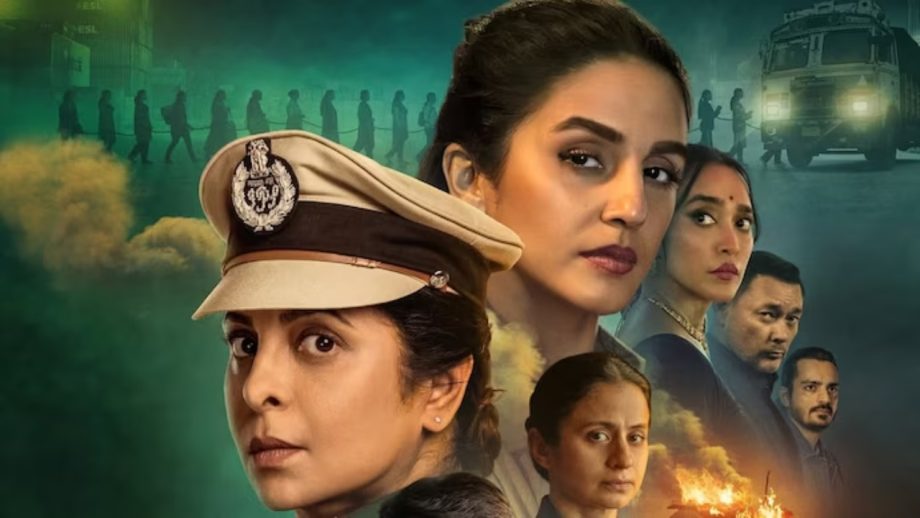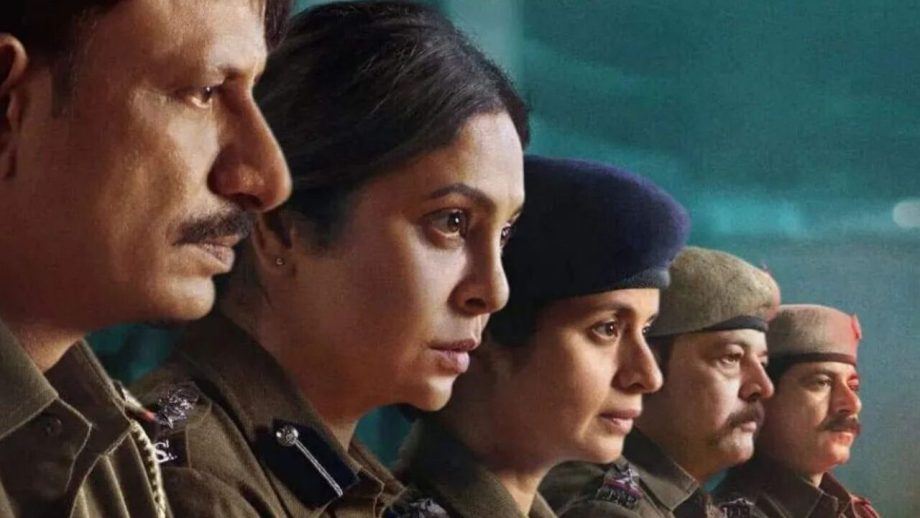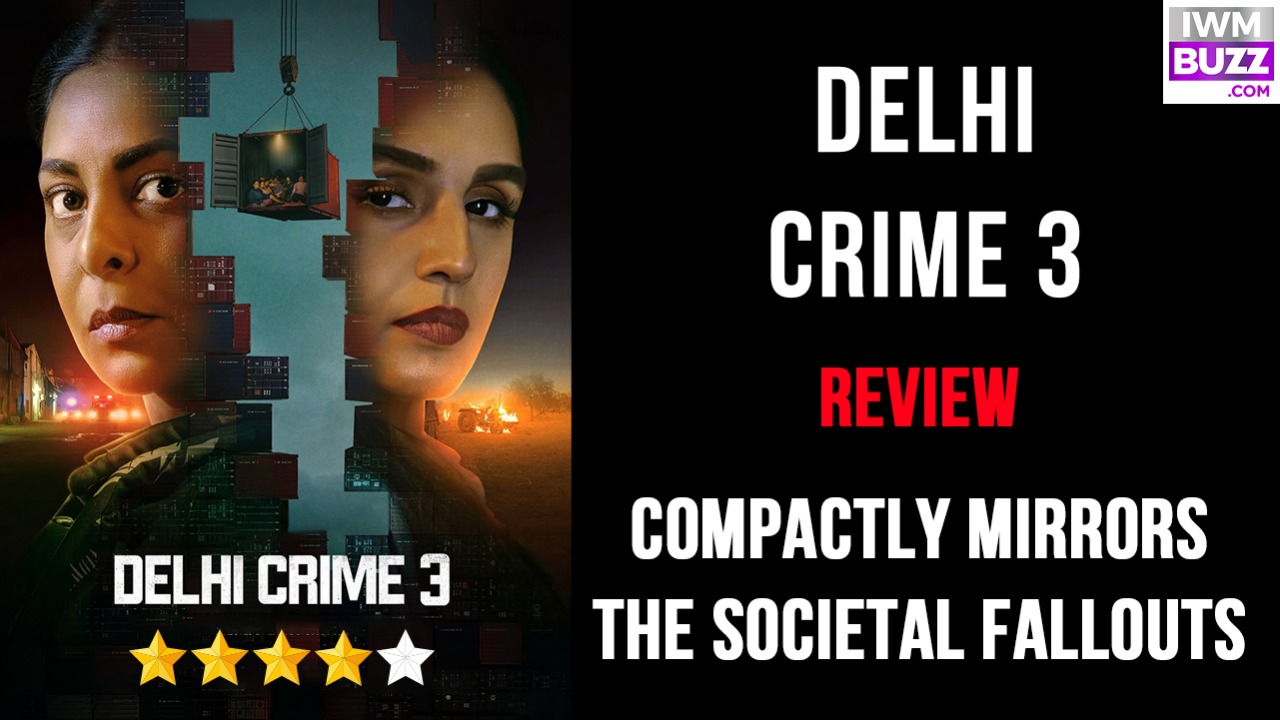Delhi Crime Season 3 on Netflix, helmed by Tanuj Chopra, is performed in real time, as it feels so. It begins with a whisper—girls missing from Silchar’s tea-garden shadows—and crescendos into a polyphonic accusation of a country that trades in its daughters.
The show doesn’t give you the comfort of catharsis; it instead maps the arterial routes of suffering, from Assam’s porous borders to Delhi’s neon-lit safehouses, uncovering trafficking not as abnormality but infrastructure. This is where its unique understanding lies: crime here is not a plot but a symptom. You realise that it is a malignant bloom fed by caste apathy, bureaucratic sclerosis, and the conspiracy of advancement.

Vartika Chaturvedi, aka Shefali Shah, operates in the negative space between law and justice. Her authority is not heroic but custodial—she guards a system that routinely devours its wards. Rasika Dugal’s Neeti immerses within the tonality of the storytelling. Rasika Dugal has always commanded her own space; her silences are always louder than any other soliloquy. Yet the season’s true revelation is Huma Qureshi’s Meena, a trafficker who manipulates everything with empathy. Qureshi plays her like a TED Talk from hell—each syllable a lullaby laced with cyanide, proving monstrosity can be branded, monetised, and marketed to the middle class.

Season 3 of Delhi Crime weaponises within the shackles: the frames suffocate with lived-in clutter, light bleeds like guilt. Everything remains very tight throughout, nothing really looks very overdone, utmostly compact.
Delhi Crime 3 doesn’t solve India’s wounds—it cauterises them on screen, and it demands your attention for you to possess awareness.

